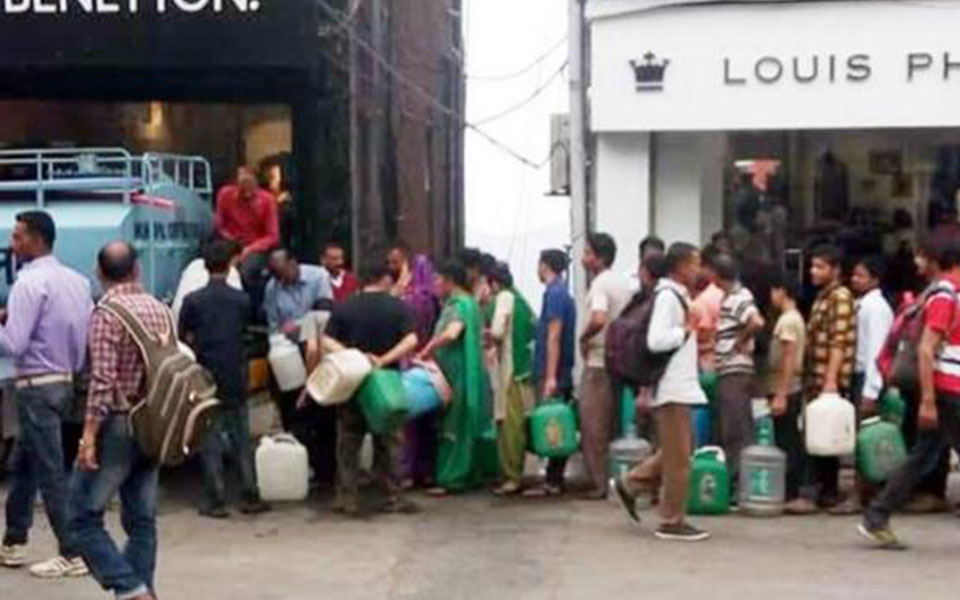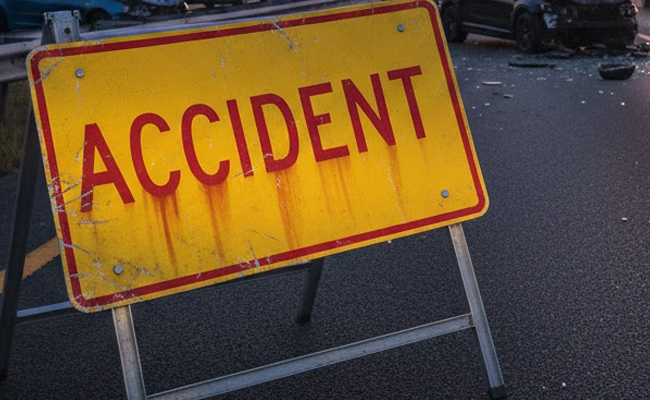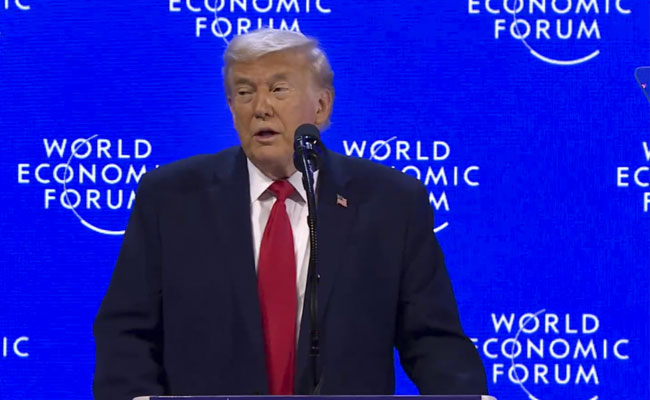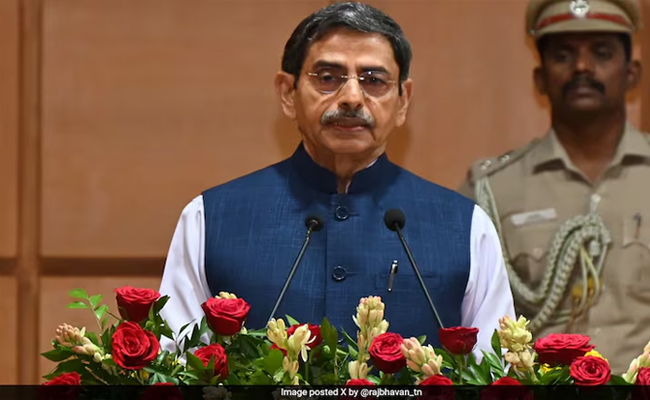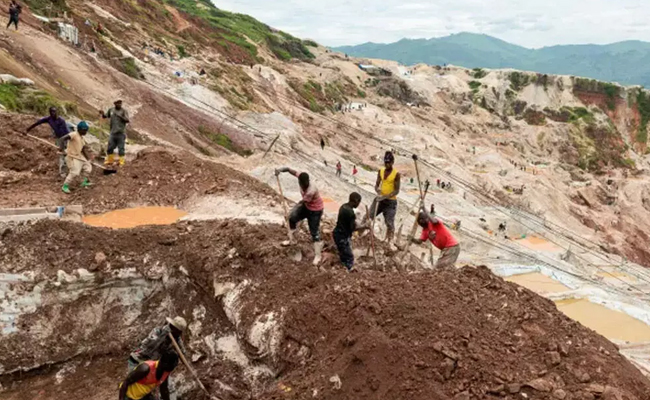Shimla, June 15: The water supply in the Himachal Pradesh capital was back to normal on Friday after over a month of crisis that saw widespread protests, marches to Chief Minister's residence at midnight and even interventions by the high court.
The Shimla Municipal Corporation (SMC) a day earlier announced it would supply water in the city every alternate day, a routine schedule followed in the city for many years.
"The daily water availability has improved to 35 to 40 million litres per day (MLD). So, the distribution has also increased," an official told here.
Planned by the British for a maximum population of 16,000, Shimla, now with a population of nearly 200,000, requires 42 MLD water.
This summer, Shimla for the first time in its history saw an unprecedented water crisis owing to drying up of water channels in its catchment.
Rampant water shortage forced residents to lock their water tanks and the government to provide security to the employees supplying water.
Old-timers blame water crisis over the years to losing green cover and natural water streams and springs due to unplanned urbanisation while water experts say deficient snow during the past winter triggered drought-like condition this season.
Locals rue that of late, Shimla has become synonymous with water scarcity -- both in summer and winter.
The civic authorities blame leakages in the distribution network, a significant portion of which goes back to the British days, and diminishing water resources that have been over-exploited to meet the increasing demand from the tourism industry.
Slamming the civic authorities and the state government over the water crisis, the High Court, which is still monitoring the situation, directed the municipal corporation that there should be no supply of water to any individual through a tanker, even to the VIPs, including the judges.
Listing the case for next hearing on June 18, the court wanted to know the steps initiated by the government and the municipal corporation for modernising the system of collection, pumping, uplifting and distribution of water.
As Shimla makes news for narrowly averting a Cape Town-like situation, water-starved residents turned to social media campaigns, asking the tourists to stay away from the northern India's famed hill resort during the peak holiday season.
According to the hospitality industry, at the height of tourism season, over 50 per cent of the bookings were cancelled this month.
However, a state Tourism Department spokesperson said the inflow of tourists was picking up gradually and about 20 per cent increase in hotel bookings was registered over the past one week of June.
"Now we are getting sufficient water supply every day. Even the footfall of the tourists has once again increased," D.P. Bhatia, Liaison Officer with the Shimla-based Oberoi Group of hotels, told here.
The water shortage had left the tourism industry representatives worried as Shimla gets 20,000-30,000 tourists on an average every weekend during the peak summer season -- during May-June.
Let the Truth be known. If you read VB and like VB, please be a VB Supporter and Help us deliver the Truth to one and all.
Gurugram (PTI): A petrol pump worker died after an SUV rammed into his motorcycle in the Sushant Lok area here, police said on Thursday.
The accused driver fled the scene, leaving the vehicle after the accident. An FIR has been registered at the Sushant Lok police station, they said.
According to police, the accident occurred on Wednesday afternoon when Mukesh was travelling from Sector 44 to Sushant Lok on Vyapar Kendra Road for some work.
Near Vyapar Kendra, a white Thar coming from the wrong side at high speed hit his motorcycle head-on, leaving him critically injured, they said.
The driver fled the scene, leaving the vehicle behind, police added.
Eyewitnesses claimed the vehicle had no number plates either at the front or rear.
Locals took Mukesh to a private hospital, where he died during treatment, police said. He was a resident of Rohta Patti in Palwal and worked at a petrol pump in Sector 44.
An FIR was registered against the unidentified driver, based on a complaint lodged by his brother Ashok. The body was handed over to the family after a post-mortem on Thursday, police said.
“The Thar vehicle has been seized from the spot. CCTV footage from the area is being examined, and the driver will be arrested soon,” a Gurugram police spokesperson said.

